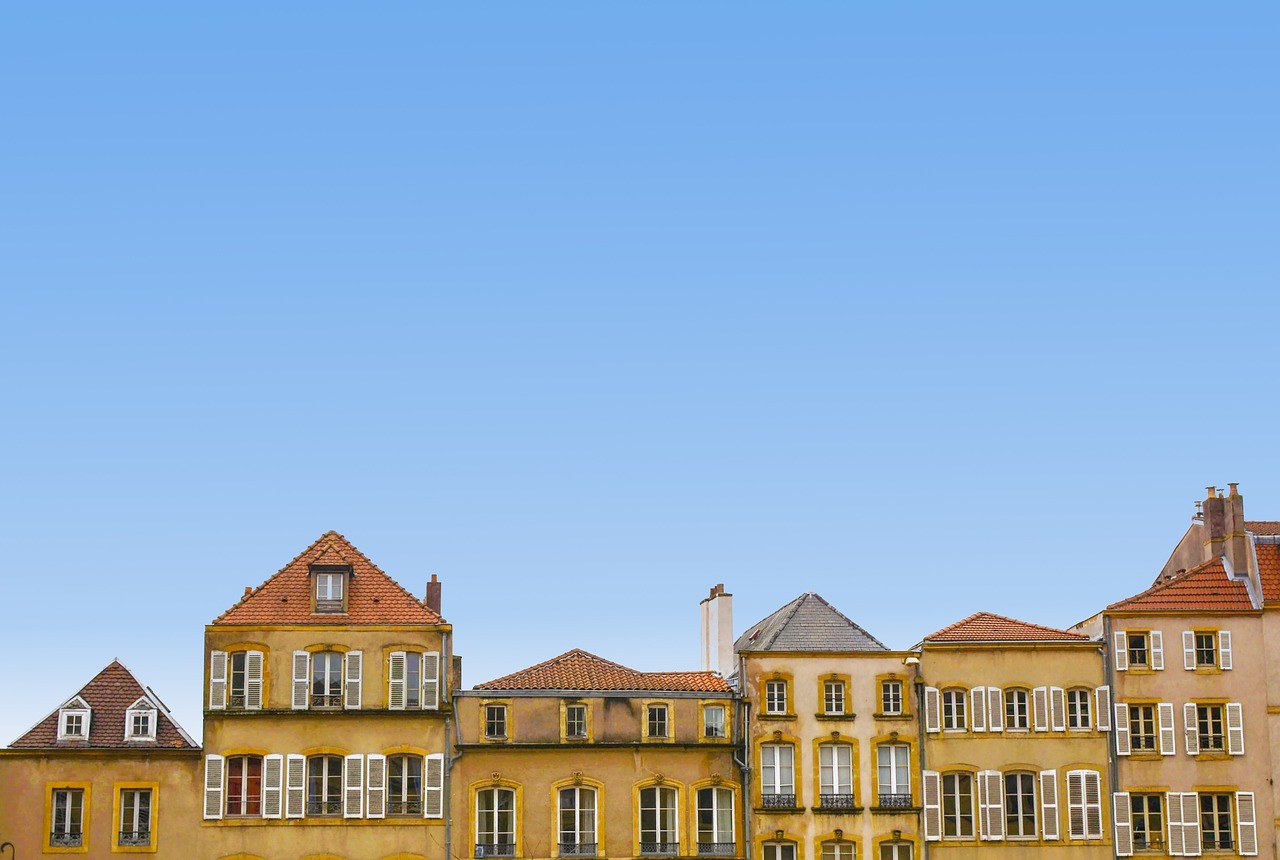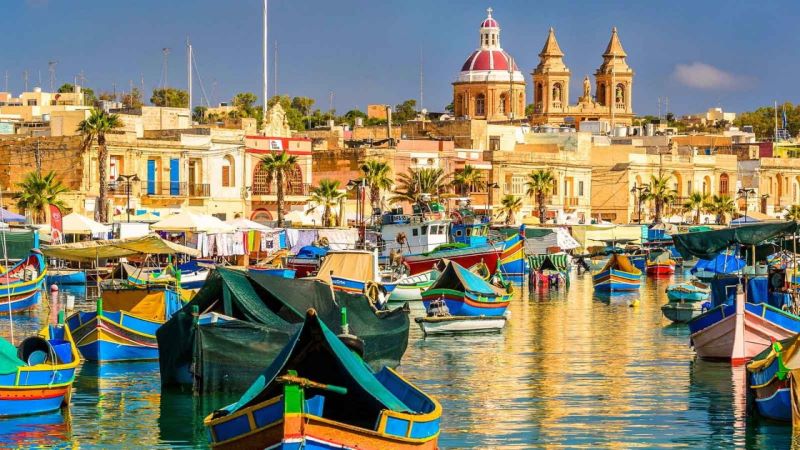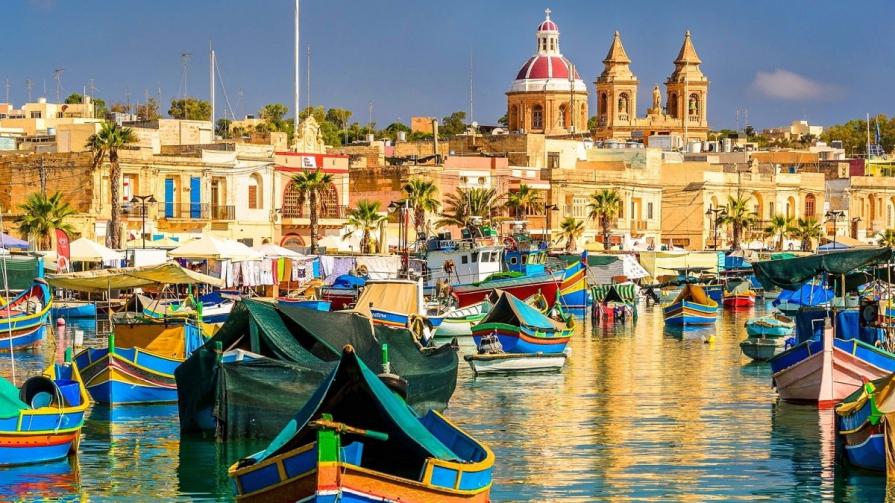"Fortune favors the bold." This adage holds true for those who have ventured into Malta’s booming real estate market, where prices have skyrocketed, making it one of the hottest investment destinations globally. In recent years, Malta has witnessed remarkable growth, with a staggering 16.9% increase in property prices in the second quarter of 2018, the highest in the world. This surge can be attributed to the country’s thriving economy and the influx of job opportunities, particularly in the financial services industry. Expats, especially those in areas like Sliema, St. Julians, and Gzira, have witnessed the highest price hikes, largely driven by the demand from foreigners. While concerns about a potential real estate bubble persist, Malta’s stable economy and conservative lending practices suggest a more measured outlook. Although a minor correction may occur in the hottest areas, a broader market correction seems unlikely. Moreover, rental demand remains strong, offering attractive residential rental yields above 5%. As the market continues to flourish, the government may need to intervene to ensure affordability and accessibility for those who aspire to own property in this thriving market.
Key Takeaways
- Malta’s real estate market has experienced robust growth in the past few years, with prices increasing by 16.9% in the second quarter of 2018, the highest globally.
- Areas attractive to expats in the financial services industry, such as Sliema, St. Julians, and Gzira, have seen significant price increases in real estate.
- Special designated areas in Malta are more accessible to foreigners looking to buy property, but legal restrictions on foreign ownership contribute to higher prices in these areas.
- While there are arguments for and against the idea of a real estate bubble in Malta, the country’s stable economy, steady regulation, and reliable banking sector support the market, and a minor to moderate price correction is expected in hot areas.
Prices and Growth
The robust growth of Malta’s real estate market in recent years has led to significant increases in property prices, particularly in areas attractive to expats in the financial services industry such as Sliema, St. Julians, and Gzira, indicating a strong demand for housing in these regions. This growth has also had an impact on the rental market, with residential rental yields reaching above 5% for the first time in several years. The increase in property prices can be attributed to both local and foreign buyers, with special designated areas being more accessible to foreigners looking to invest in Malta’s real estate market. However, legal restrictions on foreign ownership contribute to higher prices in these areas. Overall, the booming real estate market in Malta offers opportunities for both rental income and capital gains for investors.
Attractive Areas
Valletta’s surrounding suburbs, such as Sliema, St. Julians, and Gzira, have witnessed significant price increases in the real estate sector. These areas have become highly attractive to expats, particularly those working in the financial services industry. The demand from expats, along with limited supply, has driven up property prices in these suburbs. Additionally, infrastructure development in these areas has further contributed to their desirability. However, it is worth noting that infrastructure limitations may result in companies relocating from Valletta to other areas, causing real estate prices to rise further in those locations. Despite the price increases, these Valletta suburbs continue to be popular among both locals and foreigners looking to invest in Malta’s booming real estate market.
Investment Opportunities
One noteworthy aspect to consider is the potential for lucrative investment opportunities in certain areas of interest. Malta’s booming real estate market offers favorable investment returns, especially for foreign investors. The stable economy and steady regulation in Malta provide a secure environment for real estate investments. Moreover, the demand for rental properties has pushed residential rental yields above 5%, making it an attractive option for those seeking ongoing rental income. Additionally, the increase in foreign investment in special designated areas, coupled with limited supply, has contributed to higher property prices. These factors present an opportunity for investors to capitalize on the appreciation of real estate values in Malta. However, it is important to carefully analyze market trends and consider potential risks before making any investment decisions.
Frequently Asked Questions
What are the current mortgage interest rates in Malta?
The current mortgage interest rates in Malta vary depending on the lender and the specific lending criteria. It is recommended to consult with local banks or mortgage brokers for accurate and up-to-date information on current interest rates.
Are there any restrictions on foreign investors buying property in Malta?
Foreign investors have investment opportunities in Malta’s real estate market, but there are legal requirements to consider. Restrictions on foreign ownership contribute to higher prices in special designated areas, and rental income is taxed accordingly.
How does the rental market in Malta compare to the property sales market?
The rental market in Malta differs from the property sales market in terms of dynamics. While property sales have experienced robust growth, the rental market has seen an increase in demand, resulting in residential rental yields above 5% for the first time in several years. This indicates a strong rental market in Malta, offering potential ongoing rental yields for property investors.
What impact has the influx of expats had on the rental market in Malta?
The influx of expats in Malta has had a significant impact on the rental market, leading to increased rental prices and changing dynamics. The demand from expats has contributed to higher rental yields and limited availability of rental properties.
Are there any government incentives or programs available to first-time homebuyers in Malta?
Government grants and affordable housing initiatives are available to first-time homebuyers in Malta. These programs aim to assist individuals in purchasing their first home by providing financial support and making housing more accessible and affordable.








